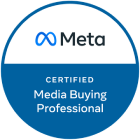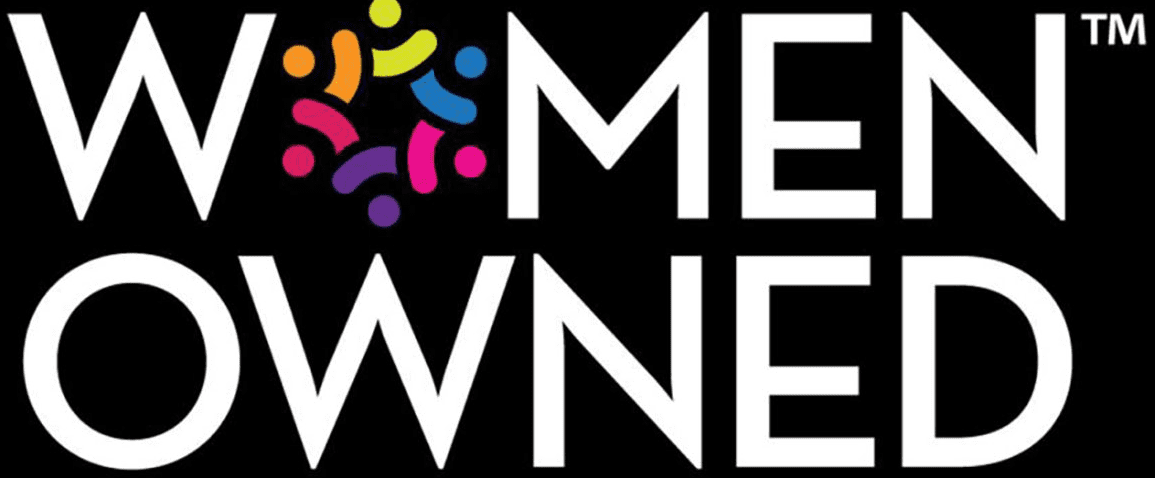If you oversee the marketing strategy for a business, you need to be investing in PPC.
PPC, or pay-per-click, is an advertising model where you pay when someone clicks (and in some cases, views) your ad. While you can find the PPC ad model on several advertising platforms, including Microsoft, Meta, LinkedIn, and Amazon, people typically associate the phrase PPC with Google Ads, where you can pay for your ads to show up on the world’s most popular search engine.
If you’re still not sure PPC is right for your business, read on.
Sections
Why is PPC important?
PPC is an essential part of any marketing strategy. Here are five reasons why every business should be using PPC.
1. PPC offers massive reach
When you use PPC, your ads can reach potential customers all over your town, state, country, and even the world. Plus, you can hone in on specific audiences based on their demographic details, purchasing or browsing behavior, interests, and more.
2. You get guaranteed visibility for the keywords you care about
Unlike SEO, which takes a lot of time, effort, and most of all, patience, PPC lets you fast-track your way to the top of the search results. And, PPC ads are not affected by algorithm changes. As long as you know the keywords you want to rank for, and have the budget to do so, you can.
3. There are ads to serve every type of marketing goal
Whatever your marketing goal is, you can achieve it with the right PPC strategy. Most platforms even offer dedicated campaign types or extensions for specific goals. For example, Google Shopping Ads drive purchases for people who are ready to buy now, while location extensions can drive in-person traffic to your business.

Example of Google Shopping Ads

Example of Google Search Ad with Location Extension
4. PPC is measurable and cost-effective
PPC may be the most measurable form of digital marketing. You can integrate Google Ads with Google Analytics to see your clicks and conversions in real time. With a clear connection between what you pay for each click, you can manage your budget to align with your return on investment.
5. PPC offers quick results
Unlike other forms of marketing, where you have to wait for people to drive by your billboard, or for your blog to rank so people can read it and convert, PPC ads deliver results fast. Best of all, you can apply the insights you gain from your PPC ads to other aspects of your marketing strategy, like SEO.
How to run a PPC campaign
The particulars of running a PPC campaign will vary by the ad platform, but here are the essential steps you’ll need to take, no matter where you advertise.
- Decide on your goals. Do you want to drive brand awareness, sales, traffic, lead generation, or app downloads?
- Perform keyword and audience research. You need to know who your audience is, and the words they’re using to find your products and services.
- Choose your PPC campaign type. Just in Google Ads alone, there are a number of different PPC ad formats available, including traditional search, display ads, YouTube, and Google Shopping Ads.
- Develop your ad assets. You’ll need to create landing pages for your PPC campaign, as well as the headlines, ad copy, and imagery to draw people in.
- Set your bids and budget. How much do you want to spend per keyword, per day, per month, and per campaign? You can define limits for all of these.
- Track PPC KPIs. Once you launch your campaign, keep track of key performance metrics, like your ad’s click-through rate (CTR), conversion rate, cost-per-click (CPC), cost per acquisition (CPA), Ad Quality Score, and return on ad spend (ROAS).
- Analyze and optimize. Pay attention to what’s working and what’s not, and apply what you learn to future PPC campaigns moving forward.
Get started with PPC
Your brand deserves to reach more customers, generate more leads, and increase your revenue. Develop a winning PPC strategy for your business with Your Marketing People. Contact us today.







